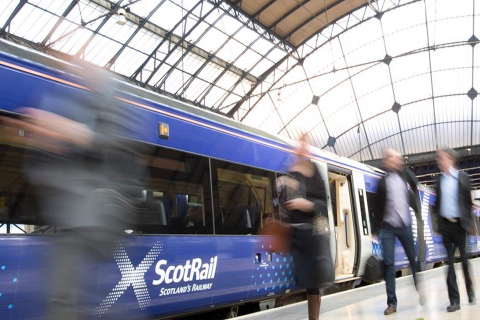Funds allocated for Germany’s 9-euro ticket successor ‘insufficient’

The 3 billion euros allocated by the German federal government and the federal states for the introduction of the so-called Deutschlandticket, the successor of the immensely popular 9-euro ticket, might not nearly be enough to cover the costs.
Want to read more?
You have read all of your free premium articles for this month. Please become a subscriber to keep reading.
Subscribe now!
Take advantage of our exclusive offer to get full access to all premium content.





